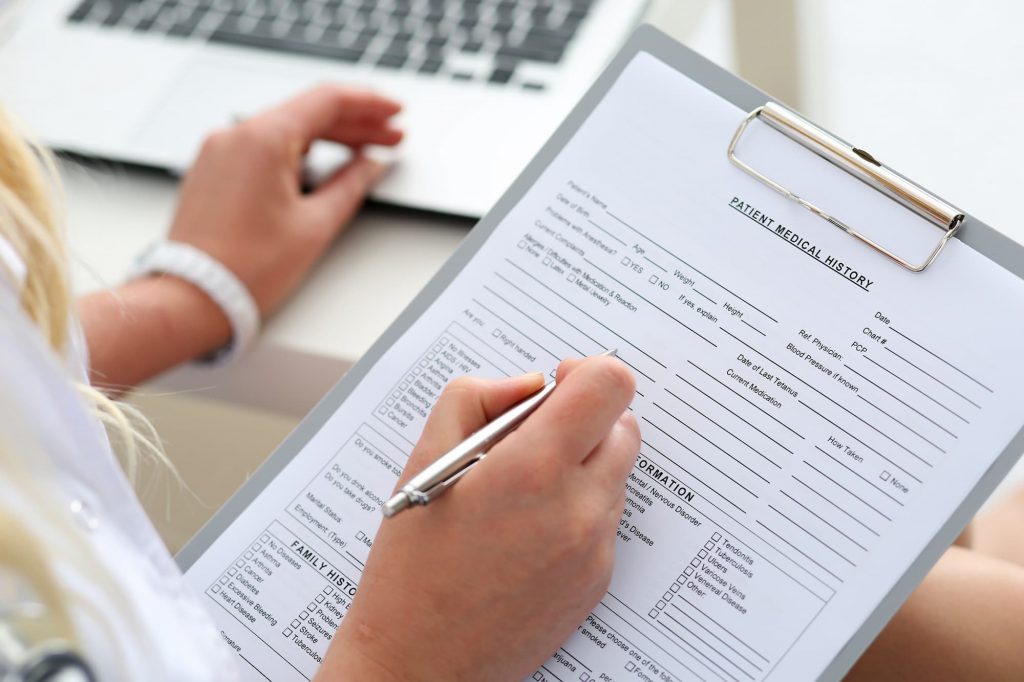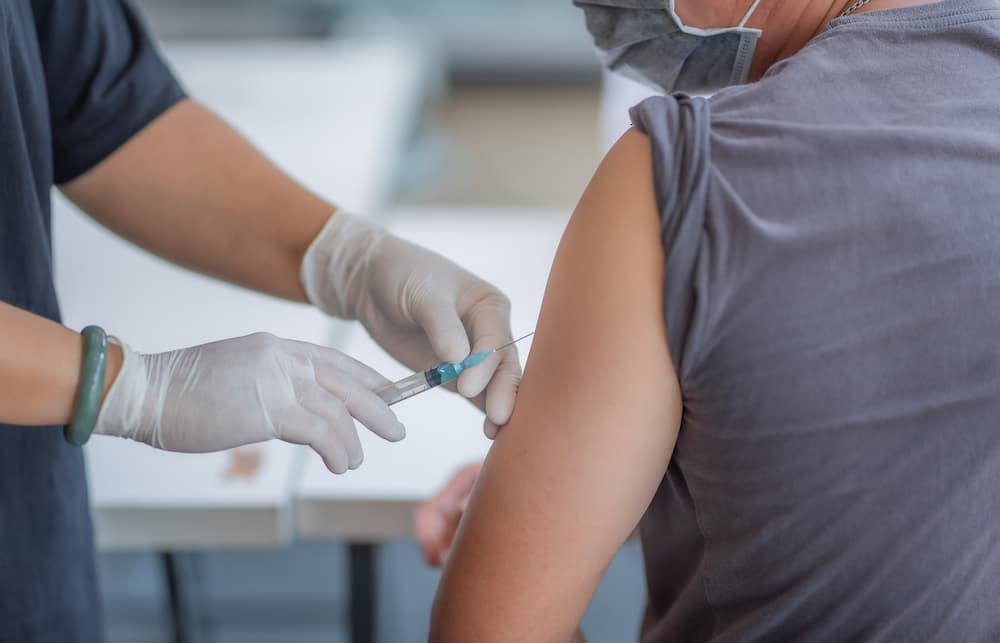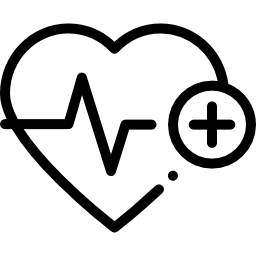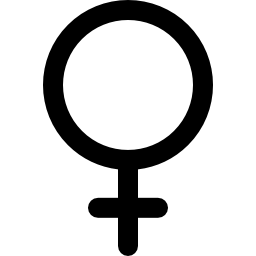HPV Vaccinations Harrow North London
HPV Vaccination Clinic In Harrow
Harrow Health Care Centre offers the HPV vaccine, providing essential protection against HPV-related cancers and genital warts. Our expert team ensures a safe, effective vaccination experience for preteens, teens, and adults. We also facilitate a wide range of other vaccinations. Book your appointment today at our clinic in Harrow.

What is the HPV Vaccine?
The human papillomavirus (HPV) vaccine is a preventive measure designed to protect against the HPV, a group of viruses linked to several cancers and genital warts. HPV is one of the most common sexually transmitted infections worldwide, and while most infections are harmless and resolve on their own, some can lead to serious health issues. The vaccine is a powerful tool in preventing these outcomes, significantly reducing the risk of HPV-related diseases.
Types of HPV Vaccines
There is one main type of HPV vaccine available: Gardasil 9 and Cervarix. Gardasil 9 is the most widely used and offers protection against nine different types of HPV, including types 6, 11, 16, 18, 31, 33, 45, 52, and 58. This vaccine has been rigorously tested and proven effective in preventing HPV infections and the diseases they cause.
Virus Strains Covered
Gardasil 9 covers nine HPV types, which are responsible for the majority of HPV-related cancers and genital warts. Specifically, types 16 and 18 cause approximately 70% of cervical cancers, while types 6 and 11 are responsible for about 90% of genital warts. The other strains covered by Gardasil 9 also contribute to various cancers, including those of the anus, penis, and oropharynx.
History
We see the development of the HPV vaccine as a significant example of scientific innovation. Research began in the early 1980s when scientists discovered the link between HPV and cervical cancer. Over the next two decades, extensive research and clinical trials were conducted to develop a safe and effective vaccine. In 2006, the FDA approved Gardasil, the first HPV vaccine. This was followed by Cervarix in 2009 and the enhanced Gardasil 9 in 2014.
The approval of these vaccines marked a recognisable milestone in cancer prevention, offering hope to millions worldwide. You can visit the NHS HPV Vaccine Information page for further information.
Why is the HPV Vaccine Important?
Cancer Prevention
The primary purpose of the HPV vaccine is to prevent cancers caused by HPV. Cervical cancer is the most well-known of these, but HPV is also linked to cancers of the anus, penis, vulva, vagina, and oropharynx (throat, base of the tongue, and tonsils). By preventing infection with high-risk HPV types, the vaccine significantly reduces the risk of these cancers. For example, it is estimated that widespread HPV vaccination could prevent over 90% of HPV-related cancers.
Statistics And Measuring Its Success
The impact of the HPV vaccine on public health is profound. Studies in countries with high vaccination rates show dramatic declines in HPV infections and related diseases. For instance, research from the UK indicates a significant reduction in the incidence of cervical cancer and pre-cancerous cervical lesions among vaccinated individuals. Similar trends have been observed in other countries, underscoring the vaccine’s effectiveness in reducing the burden of HPV-related diseases.
This information has been taken from a study conducted by the Public Health Of England and published in the 2021 Lancet.
Evidence suggests an 87% cervical cancer reduction in women who were vaccinated between the ages of 12-13.
Public Health Significance
Beyond individual protection, the HPV vaccine has broader public health implications. By reducing the prevalence of HPV, the vaccine helps lower the overall incidence of HPV-related diseases, easing the burden on healthcare systems. This, in turn, leads to significant cost savings, as treating advanced cancers and other HPV-related conditions is far more expensive than preventing them through vaccination.
Additionally, herd immunity from widespread vaccination helps protect those who are not vaccinated, further amplifying the public health benefits. More information can be found at the Mayo Clinic.
How Does the HPV Vaccine Work?
The HPV vaccine works by mimicking the HPV virus without causing infection. It contains virus-like particles (VLPs) that resemble the outer shell of the actual virus but lack its DNA, making them non-infectious. When administered, these VLPs stimulate the immune system to produce antibodies against HPV.
Antibody Production
The production of antibodies is a critical aspect of the vaccine’s protective effect. These antibodies remain in the body for years, providing long-term protection against HPV. Studies have shown that the immune response generated by the vaccine is robust and sustained, with vaccinated individuals having significantly higher levels of antibodies compared to those who are naturally infected with HPV.
How Long Are You Protected?
Current research indicates that the protection offered by the HPV vaccine is long-lasting. Clinical studies have followed vaccinated individuals for over a decade, demonstrating that the vaccine remains effective over this period. While ongoing research continues to monitor the duration of protection, the evidence so far suggests that the vaccine provides enduring immunity, potentially eliminating the need for booster doses.
Who Should Look At Getting Vaccinated?
The HPV vaccine is most effective when administered before individuals are exposed to HPV, which is why it is recommended for preteens, ideally at ages 11 or 12. However, vaccination can start as early as age 9. Teens and young adults up to age 26 who did not receive the vaccine at the recommended age can also be vaccinated. Catch-up vaccination is particularly important to ensure comprehensive protection.
How Long Are You Protected?
Both boys and girls should receive the HPV vaccine. While cervical cancer is a primary concern for women, men are also at risk for HPV-related cancers, including those of the throat, penis, and anus. Vaccinating boys not only protects them but also helps reduce the overall transmission of HPV, contributing to herd immunity and protecting others in the community.
Specific Groups
The vaccine is also recommended for specific groups who are at higher risk for HPV-related diseases. This includes men who have sex with men (MSM) and transgender individuals, who have higher rates of certain HPV-related cancers. By ensuring these groups are vaccinated, we can provide them with the same level of protection and contribute to overall public health.
The Shift to a Single-Dose
Research Supporting This Change
Recent studies have shown that a single dose of the HPV vaccine can be as effective as the previously recommended two or three doses. This finding has the potential to simplify the vaccination process, making it more accessible and easier to administer, particularly in low-resource settings. The shift to a single-dose schedule is based on robust scientific evidence demonstrating that one dose can generate a strong and lasting immune response.
Who's Following This Shift To Single Dose?
Countries like the UK have been at the forefront of implementing the single-dose schedule, with promising results. This change is being adopted in other regions as well, as health authorities recognise the benefits of simplifying the vaccination regimen. The ease of a single-dose schedule can lead to higher vaccination rates, ensuring more people are protected against HPV.
Benefits
The single-dose schedule offers numerous benefits. It reduces the cost of vaccination programmes, making it more affordable for health systems and patients. It also improves compliance, as people are more likely to complete a single-dose regimen compared to a multi-dose schedule. This change enhances the overall effectiveness of vaccination programmes, leading to better health outcomes on a population level.
Is The HPV Vaccine Safe?
Clinical Trials
The safety and efficacy of the HPV vaccine have been demonstrated through extensive clinical trials involving tens of thousands of participants. These trials have shown that the vaccine is highly effective in preventing HPV infections and related diseases. Moreover, the safety profile of the vaccine is well-established, with most side effects being mild and temporary.
Common Side Effects
The HPV vaccine is generally well-tolerated, with most side effects being mild and short-lived. Common side effects include pain, redness, or swelling at the injection site, mild fever, headache, and fatigue. Serious side effects are extremely rare, and the benefits of vaccination far outweigh the risks.
Long-term Efficacy
Long-term studies continue to confirm the efficacy of the HPV vaccine. Research indicates that the vaccine provides durable protection, with high levels of immunity maintained for many years post-vaccination. This long-term efficacy is crucial in ensuring sustained protection against HPV-related cancers and diseases. For further details, visit Cancer Research UK HPV Vaccine Details.
Impact of the Vaccine
Reduction in Cancer Cases
The HPV vaccine has had a profound impact on reducing the incidence of HPV-related cancers. Countries with high vaccination rates have seen significant declines in cervical cancer rates and other HPV-related conditions. For instance, Australia is on track to virtually eliminate cervical cancer within the next few decades due to its successful vaccination programme.
Costs
Preventing HPV-related diseases through vaccination leads to substantial healthcare cost savings. Treating advanced cancers and other serious conditions is expensive and resource-intensive. By reducing the incidence of these diseases, the HPV vaccine helps alleviate the financial burden on healthcare systems and improves the allocation of resources.
Impact On A Global Scale
The global impact of the HPV vaccine is significant. In low and middle-income countries, where cervical cancer rates are highest, the vaccine is making a substantial difference. International health organisations and initiatives are working to improve access to the HPV vaccine in these regions, aiming to reduce the global burden of HPV-related diseases and improve public health outcomes. For more information, take a quick look at this CDC resource.
Book Your HPV Vaccination Today
Our expert team can provide you with personalised advice based on your health history and help you understand the benefits and importance of vaccination.
At Harrow Health Care Centre, we offer the HPV vaccine and are here to support you in making informed health decisions.









